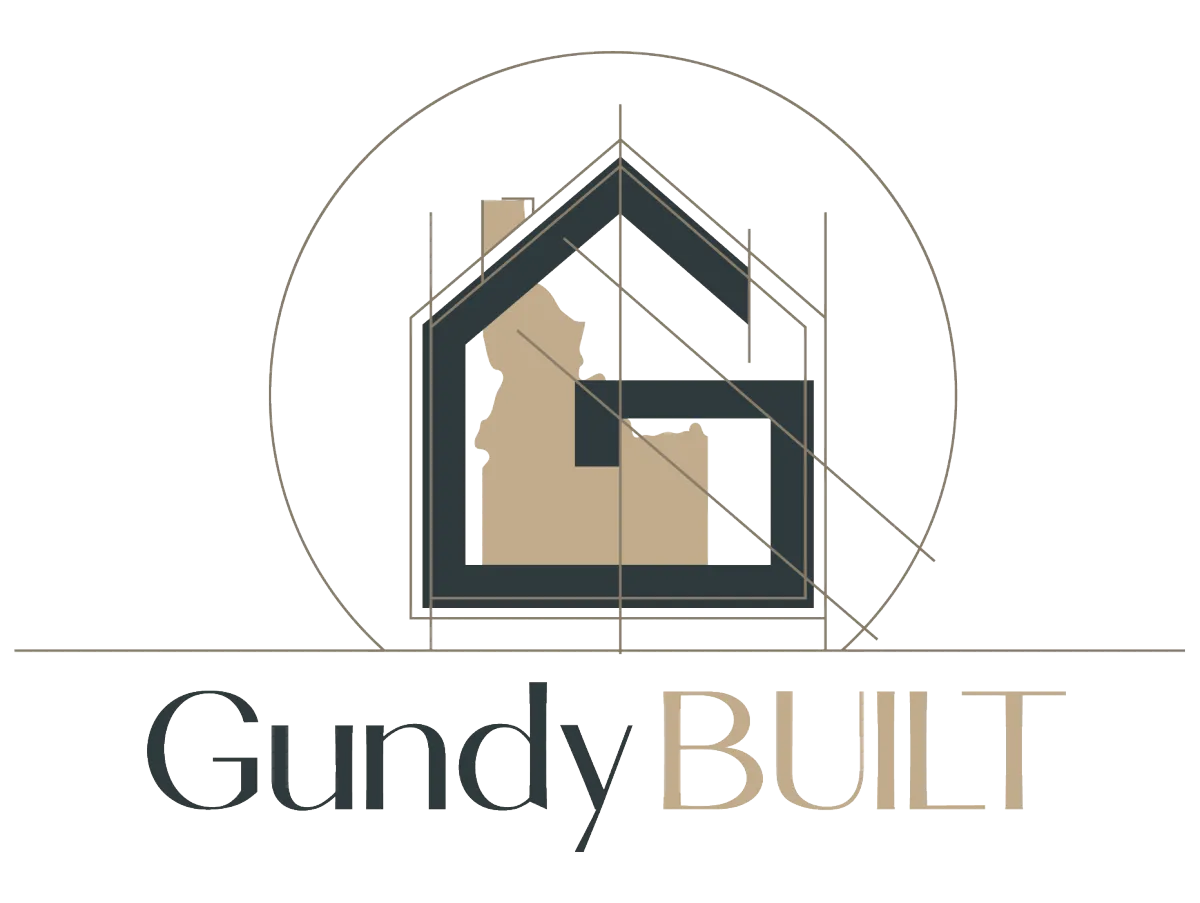
Gundy Built
From blueprint to backyard, we design smarter spaces.
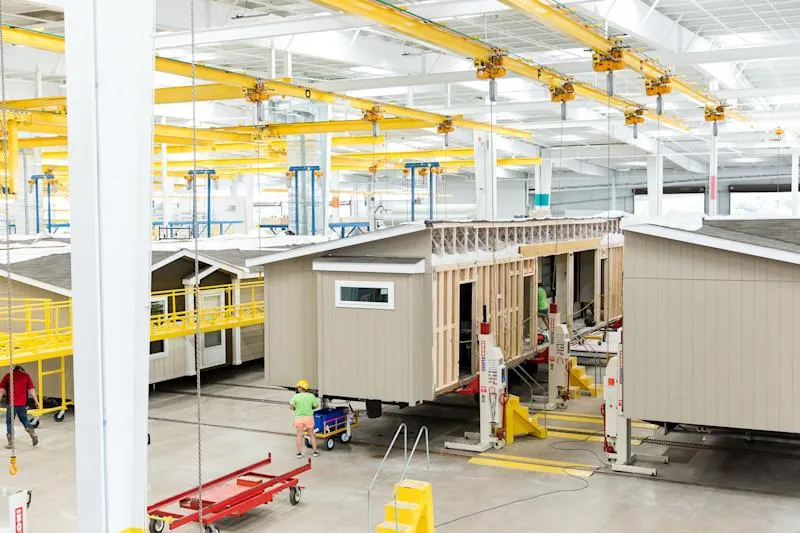
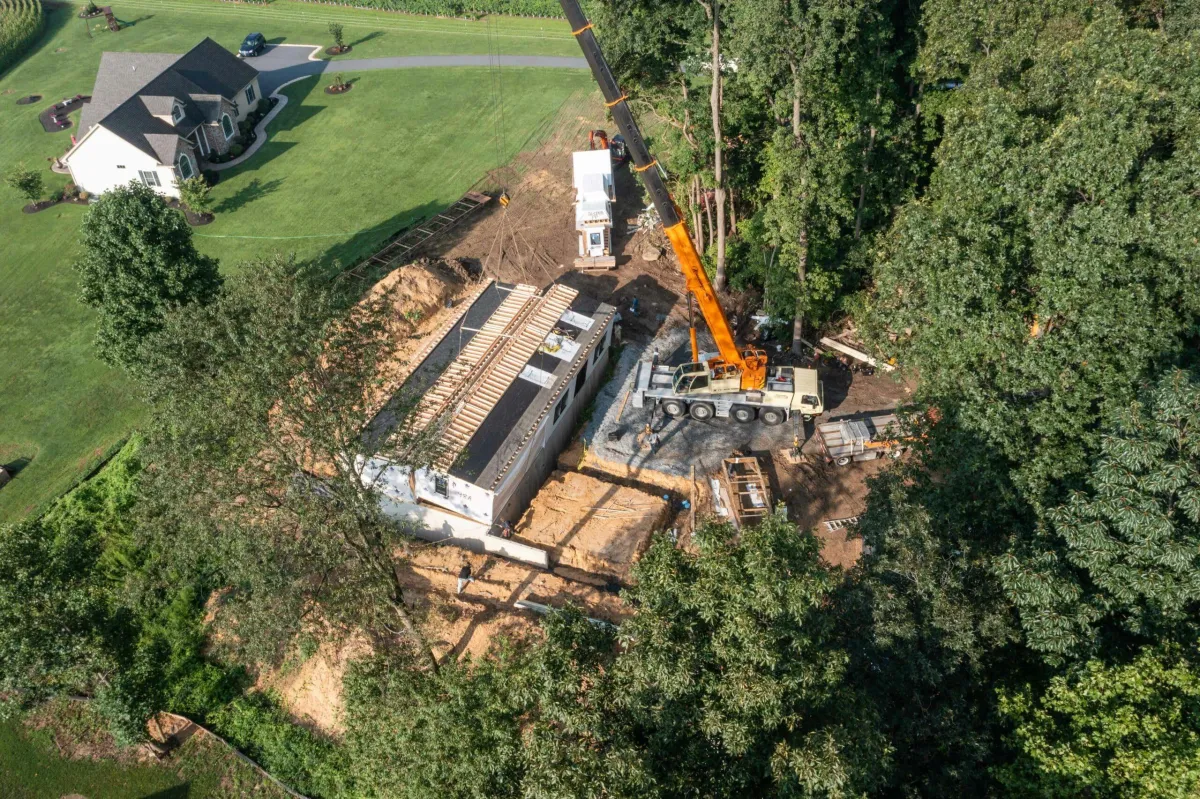
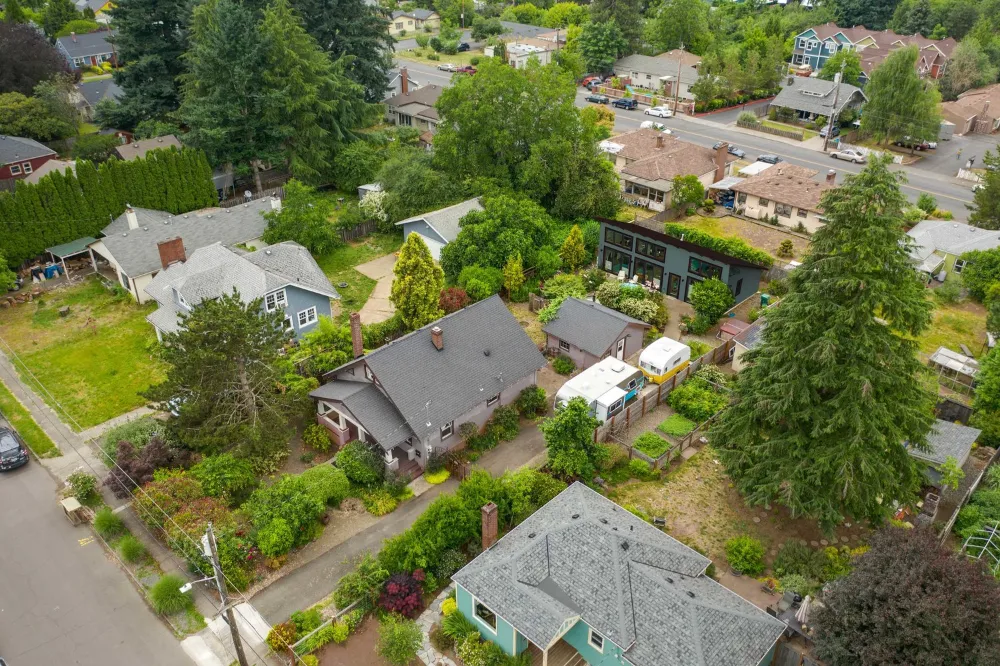
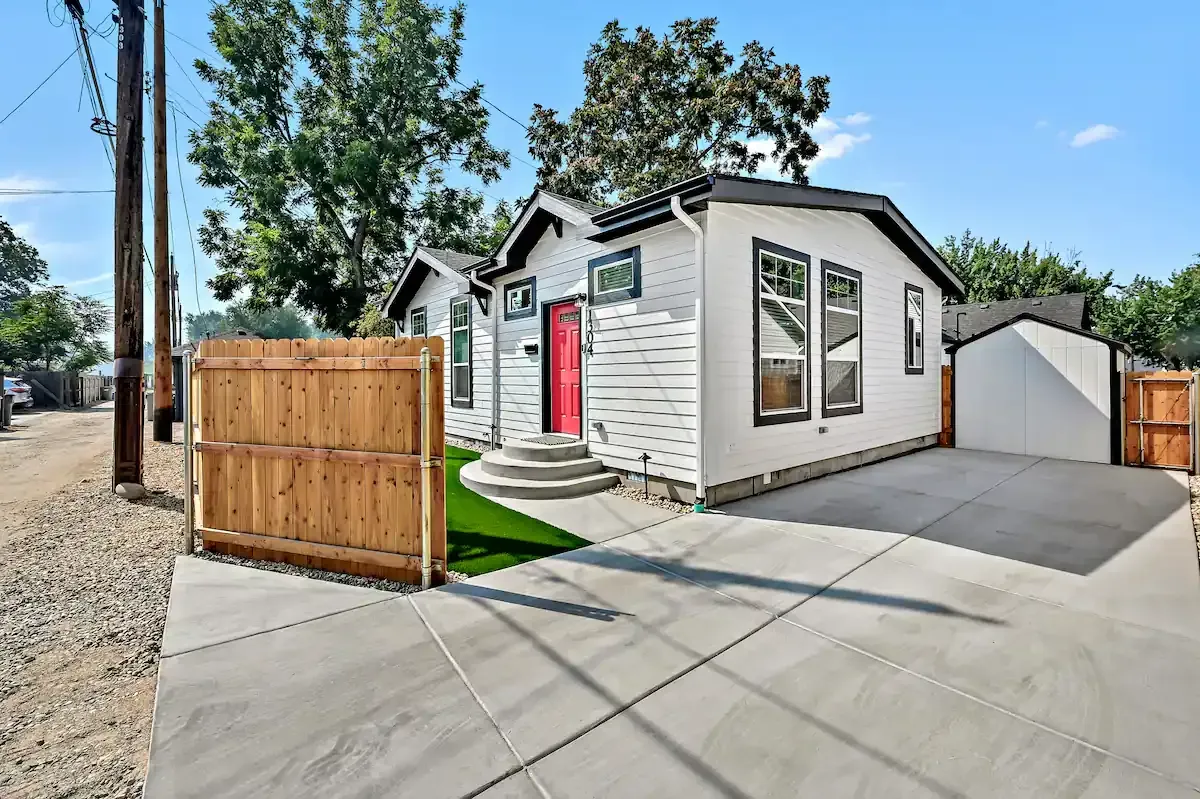
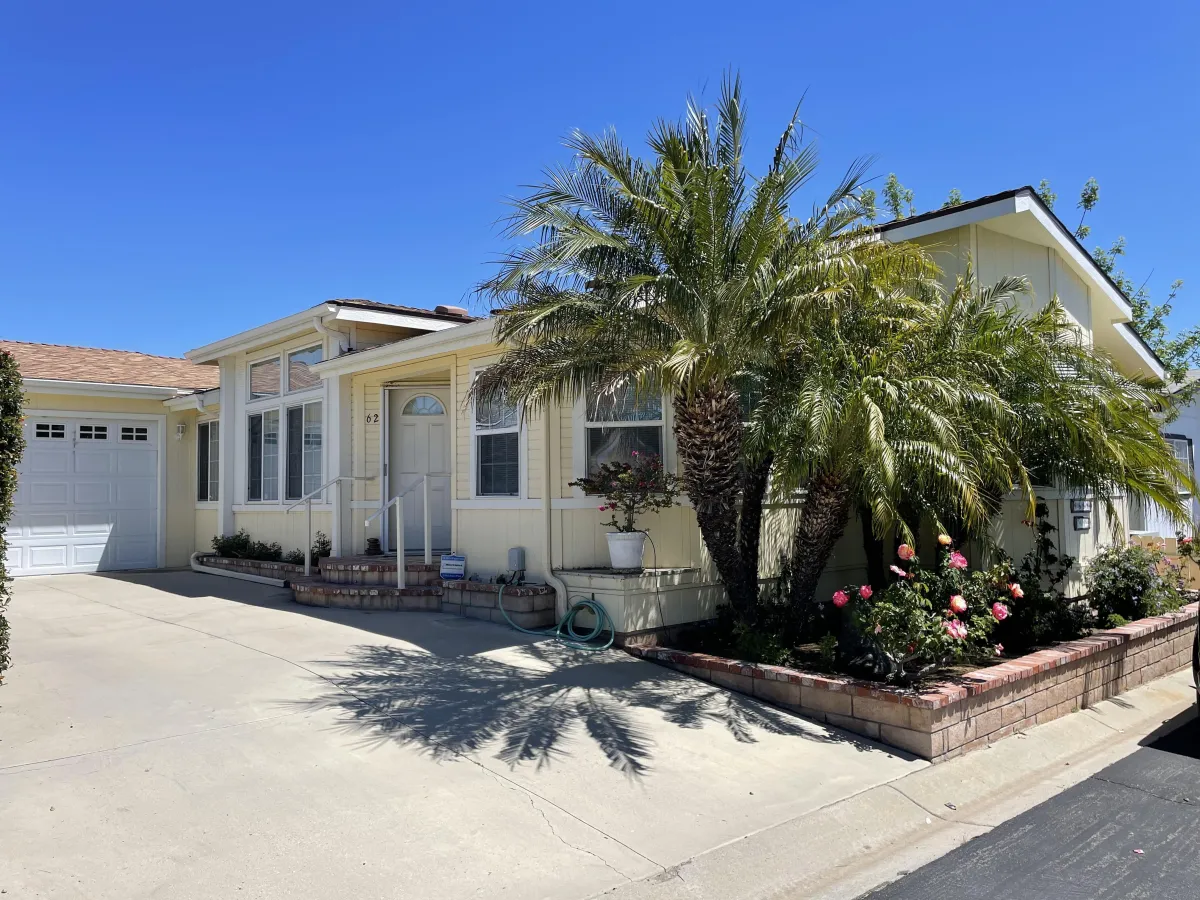
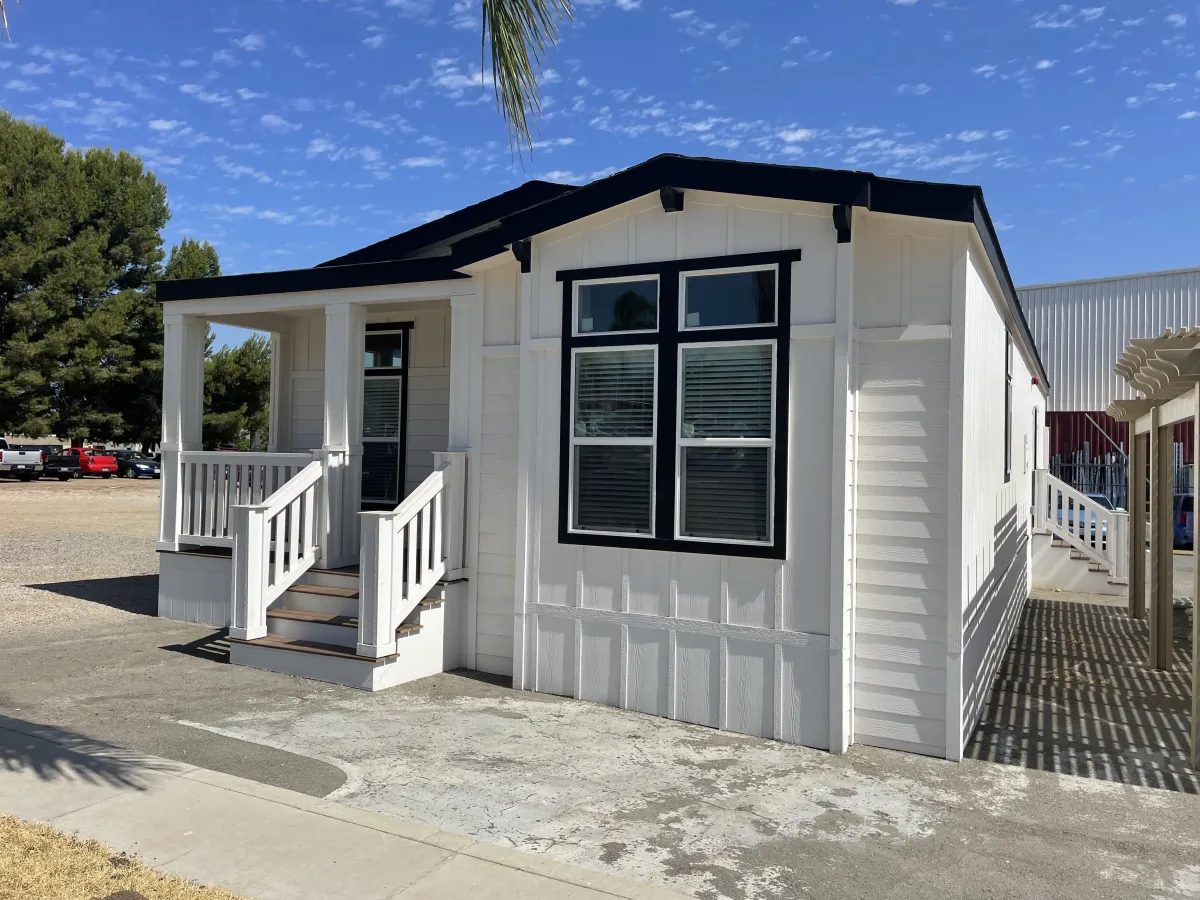
What is a Factory-Built Home?
A factory-built home, whether manufactured or modular, is constructed in a controlled indoor environment.
Framing, finishes, cabinetry, flooring, and details are all completed under one roof, protected from weather delays and material damage. Once complete, the sections are transported to your property, set on the foundation,
and quickly finished out.
Manufactured Homes & ADUs:
Built to the Federal Housing and Community Development (HUD) Code
Can be placed on permanent or temporary foundations (chassis remains)
May face limited appreciation and different financing rules
Modular Homes & ADUs:
Built to the same Idaho Residential Code (IRC) as site-built housing
Always set on permanent foundations
Appraise and resell like traditional homes
Why Consider Factory Built
Protected quality: Materials are stored and assembled indoors, so there is no weather exposure.
Stronger construction: Units are engineered to withstand transportation, resulting in sturdier builds.
Efficiency: Site work (foundation, utilities, grading) and home construction happen simultaneously.
Faster move-in: On average, you’ll move into a manufactured or modular home far sooner than a site-built.
Value-add potential: Modular homes & ADUs often appraise higher, adding long-term equity to your property.
Gundy Built
Our Goal is to simplify the process
At Gundy BUILT, we specialize in showing homeowners not just the "how," but the why - matching the right type of build (manufactured or modular) with your property, budget, and long-term goals.
Testimonials
Stories From Our Community
"Jon guided us through every step of designing and building my ADU, ensuring that it was not only functional but also highly appealing to short-term renters. His expertise in maximizing space and suggesting design choices led to consistent 5-star reviews from my guests. I couldn’t be happier with the results and highly recommend Jon to anyone looking to create a profitable and stunning ADU!"
"We couldn’t be happier with our decision to work with Jon on building our ADU. Not only did he design and build a stunning unit that perfectly fits our property, but he also helped us think strategically about how to maximize the space so my Mother-In-Law felt right at home. Jon’s attention to detail, expertise in both real estate and ADUs, and commitment to making the process as easy on us as possible made all the difference!"
“Jon was amazing to work with. He helped us find the perfect piece of land, and then guided us through designing and building our dream modular home. The whole process felt so much less stressful because he was always a step ahead and really cared about getting it right. We absolutely love our new home and can't recommend Jon enough!”
"Without Jon we would have never considered the lot we chose, he saw the potential in it before we could and for that we are indebted. He was by our side every step of the way - from driving us to every neighborhood we were interested in, to the initial meeting with the builder, and overseeing the entire process for us while we were out of state. He helped us navigate it all, staying in constant communication and always willing to take us on a walkthrough of the build. We are so grateful he was our REALTOR!”
FAQs
Frequently Asked Questions
What’s the difference between an ADU, a modular home, and a manufactured home?
ADUs are secondary dwellings on the same property as a main home, modular homes are factory-built in sections and placed on a permanent foundation, and manufactured homes are built to HUD standards and can be moved but are often placed in communities.
Do ADUs, modular homes, and manufactured homes appreciate in value?
Modular homes typically appreciate like traditional site-built homes. Manufactured homes may appreciate depending on land ownership and upkeep. ADUs can increase property value and create rental income potential.
Can I finance an ADU, modular, or manufactured home like a traditional house?
Yes, with differences. Modular homes qualify for conventional mortgages. Manufactured homes may require specific loan types (like FHA or chattel loans). ADUs can often be financed through home equity or renovation loans.
Are these homes durable and safe compared to traditional houses?
Yes. Modular homes are built to the same building codes as site-built homes. Manufactured homes meet federal HUD standards. ADUs follow local building codes and zoning laws, making them safe and reliable.
Can ADUs be used for rental income or family housing?
Absolutely. Many homeowners use ADUs for rental income, guest housing, or multigenerational living. They’re a flexible option that adds both function and value to your property.
What are the zoning or permit requirements for adding an ADU in Idaho?
Each city or county has its own rules, some allow ADUs by right, others require permits or restrictions on size, parking, and occupancy. Always check local codes before planning.
How long does it take to build a modular or ADU compared to a traditional home?
Because they’re built in factories, modular homes and ADUs can be completed in a fraction of the time, sometimes in just a few months compared to a year or more for traditional builds.
Do I need to own land to buy a manufactured or modular home?
Yes, for modular homes (they must be placed on a permanent foundation). Manufactured homes can be placed on land you own or leased land in a community.
From blueprint to backyard, we design smarter spaces.

COMPANY
CONNECT
FOLLOW US

© Copyright 2026. The Gundy Group, LLC, All Rights Reserved.

